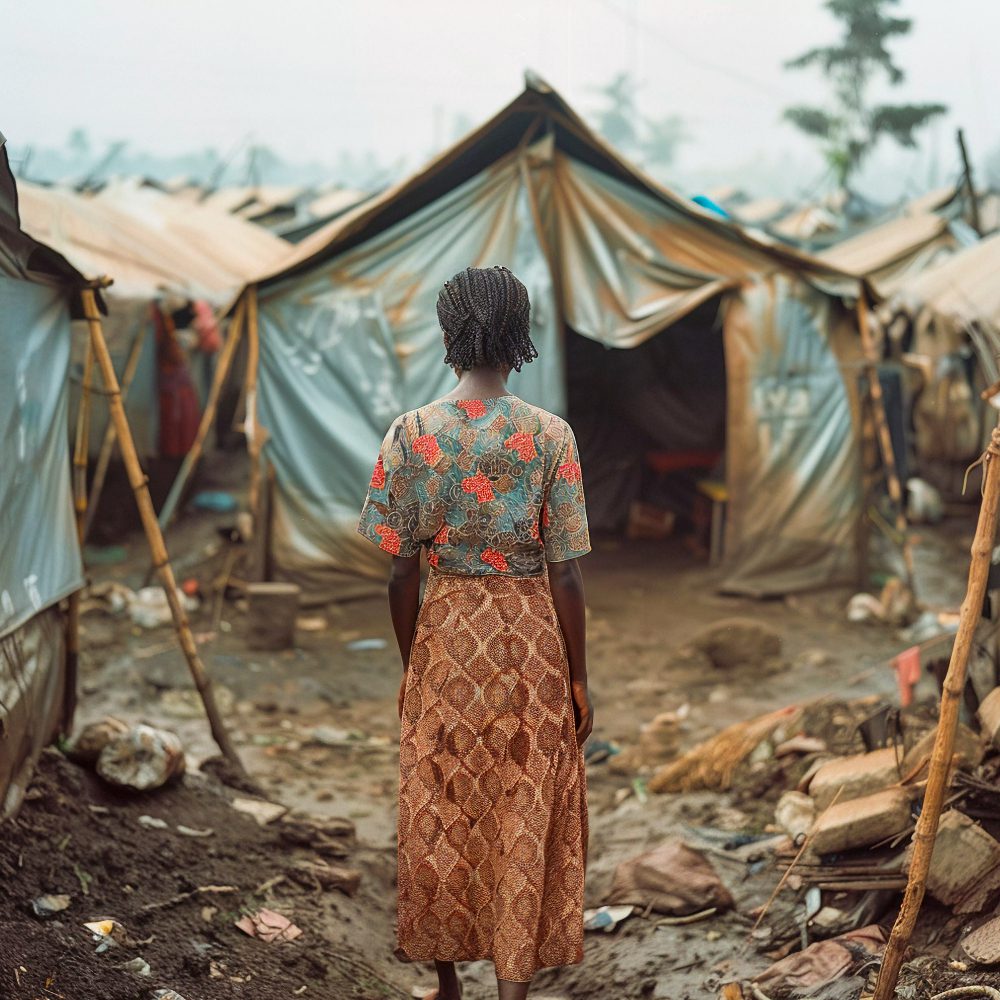

Gender-based violence (GBV) in the workplace undermines the safety and dignity of workers across East Africa, particularly women engaged in informal and precarious employment. From agriculture to domestic work, women face environments where protections against violence and harassment are often absent. The International Labour Organization’s Convention 190 (C190) offers a transformative solution, providing a framework to eliminate GBV and redefine workplace safety. Ratified by Uganda and Somalia, C190 addresses violence in both formal and informal sectors. However, its full impact depends on committed and effective implementation.
Unlike traditional labor laws, which focus solely on formal workplaces, C190 recognizes that work occurs in varied spaces—from bustling markets to remote farms and domestic households. This is particularly relevant in East Africa, where informal employment dominates. In Tanzania and Kenya, millions rely on informal work yet remain vulnerable and unprotected. By extending workplace protections to all employment types, C190 fills systemic gaps and levels the playing field.
Equally critical is its gender-responsive approach. Women’s economic dependence and societal norms intensify their risks. Domestic workers confined to private homes and female agricultural laborers in remote areas are particularly vulnerable. C190 demands tailored solutions, including preventative measures and survivor-centered support systems, challenging the structural inequalities that perpetuate workplace violence.
Trade unions across East Africa have been instrumental in advancing C190. In Uganda, unions worked with the government to incorporate C190 provisions into national labor laws and negotiated collective bargaining agreements with explicit protections against GBV. These efforts demonstrate that legal ratification alone is not enough—collective action is critical to turning commitments into tangible workplace safeguards.
Unions are also key to raising awareness. For many workers, especially women in informal sectors, knowledge of their rights is limited. Fear of retaliation and cultural norms that discourage reporting further silence victims. In response, unions have launched grassroots campaigns and established gender committees to educate workers, create safe reporting channels, and support survivors. These initiatives are vital where government enforcement remains weak, ensuring GBV is addressed even in vulnerable sectors.
However, unions cannot succeed alone. Employers must prioritize workplace safety by adopting anti-violence policies, providing training programs, and establishing safe reporting systems. Creating cultures of accountability not only aligns with C190 but also improves productivity and trust. Employers’ role is central to transforming workplaces into spaces of dignity and respect.
Cultural norms remain one of the greatest barriers to C190’s success. Patriarchal attitudes that normalize violence extend from households to workplaces, particularly in rural and underserved areas. Laws alone cannot dismantle these beliefs. Sustained efforts are needed to shift societal attitudes toward gender equality and workplace safety.
Governments, unions, and civil society must lead awareness campaigns that challenge harmful norms and empower workers with knowledge of their rights. Reaching rural communities, where cultural barriers are most entrenched, is essential. Empowered workers, especially women, become key agents of change, ensuring that safe workplaces are a shared priority.
Government accountability is equally vital. Ratification is a milestone, but enforcement determines success. Governments must integrate C190 principles into national labor policies, train labor inspectors and judicial officers to handle GBV cases sensitively, and establish accessible reporting systems. Somalia’s ratification of C190 was a victory, but the challenge now lies in translating its principles into lived realities for workers.
In countries like Tanzania and Kenya, where interest in C190 ratification exists, strong political will and collaboration among governments, unions, and employers are essential. Prioritizing GBV prevention and aligning national policies with C190 will not only protect workers but also contribute to broader labor reforms.
C190 offers East Africa the opportunity to redefine workplaces as spaces of safety, equality, and dignity. By addressing GBV and challenging structural inequalities, its successful implementation can drive societal change. Governments must act with sincerity, unions must amplify workers’ voices, and employers must create accountable work environments.
If East Africa fully embraces this framework, it will set a global precedent for eliminating workplace violence. Beyond protecting workers, C190 empowers women and marginalized groups to reclaim their rights, fostering inclusive economies free from fear and harassment. Achieving this vision will require collective action, but its promise is clear: workplaces where safety and dignity are not privileges, but fundamental rights for all.


